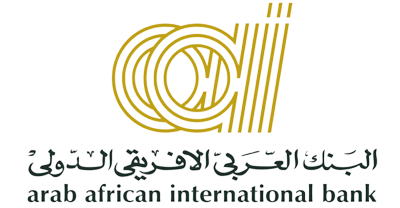practices
Dispute Resolution Success at Global Level
Our regional outreach is second to none. We advise clients from over four continents in strategic practice areas.
Our Clients + Partners
Past and Present
"A world-class firm, on par with international law firms. There is no better firm in the Middle East and North Africa region." - Chambers 2023 Client Testimonial
Track Record Superiority. We Work to Win!
Value of Our Current Docket
7.6
billion USD
Remarkable Track Record
94%
success rate
Global reach
4
continents

We are constantly looking for stellar talent to join our cosmopolitan and international team.
Build an exceptional career.
Meet Y+P Team
Cosmopolitan, Dynamic, Diverse. A Powerful Force in MENA Arbitration
Karim A. Youssef, J.S.D.
Karim A. Youssef is founder of Youssef + Partners and an international leading figure in dispute resolution. Karim leads the international arbitration and international law practices at the Firm.
César R. Ternieden
César R. Ternieden is a partner in Youssef + Partners, and has a range of experience assisting with major investment treaty and commercial arbitration matters.
Mohamed Fayed
Mohamed Fayed is a Senior Associate in Youssef + Partners with more than 11 years of highly distinguished legal expertise.
Check out what our clients & peers have to say.
Egypt's Premier arbitration practice. Regional leaders in dispute resolution































